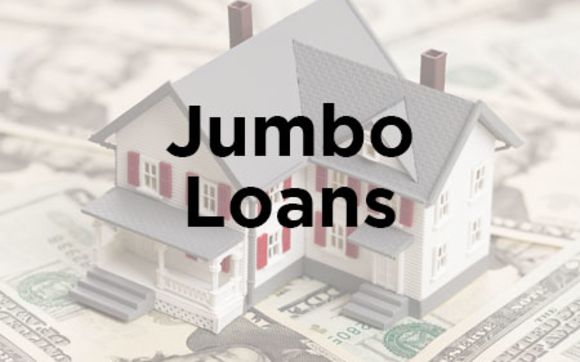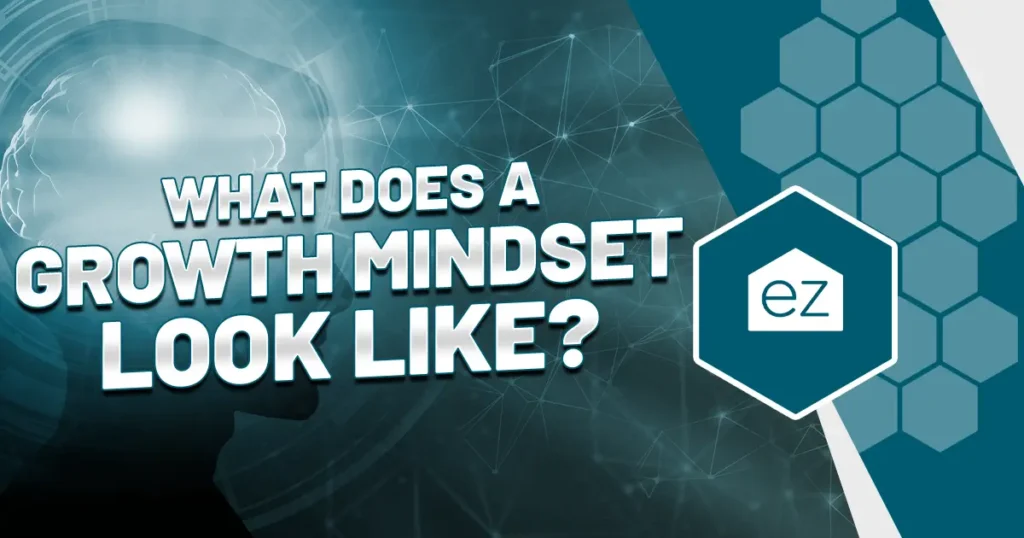What is a Jumbo Loan?
You’ll have many options to obtain a loan to purchase your house. But what if you need a substantial sum of financing? For that, you’ll need a jumbo loan (aka a jumbo mortgage). Most home buyers won’t need this level of financing, but the jumbo loan will help if you want to purchase a very expensive home. Here’s what you need to know about this mortgage type.
But what if you need a substantial sum of financing? For that, you’ll need a jumbo loan (aka a jumbo mortgage). Most home buyers won’t need this level of financing, but the jumbo loan will help if you want to purchase a very expensive home. Here’s what you need to know about this mortgage type.
The Differences Between Jumbo Loans and Conventional Loans
Generally, loans follow certain guidelines imposed by the Federal Housing Finance Agency. This includes maximum financing limits set by Fannie Mae and Freddie Mac. When a loan follows all these guidelines, it’s considered a conforming loan. Most conventional loans are conforming.
On the other hand, a loan that doesn’t follow these guidelines is considered non-conforming. A jumbo loan is just one example of a non-conforming loan.
Fannie Mae and Freddie Mac don’t guarantee these loans, which is one of the differences between jumbo loans and conventional loans. A lender isn’t protected from the loss if you default on your loan. This is a big reason why these loans are so risky and why you may have a harder time obtaining one compared to a conventional loan.
Because it’s a higher financing amount, expect higher fees across the board. This means paying more for closing costs and origination fees.
Who Can Benefit from a Jumbo Loan?
A jumbo loan may be your best option or even your only option to buy in an exceptionally pricey market sector. Homes with a sizable price tag may exceed conforming loan limits. But jumbo loans aren’t inexpensive. That’s why they are best suited to home borrowers with robust financial profiles.
Based on 2024 FHFA limits in most of the United States, a conventional loan allows you to borrow up to $766,550 for a home. In more expensive areas such as Hawaii, traditional loan limits increase to 150% ($1,149,825 in 2024) before a loan is considered a jumbo loan.
But if you want to exceed that limit (borrow more than $766,550 in many areas of the country), you will automatically have to apply for a jumbo loan. Note that conforming loan limits are subject to change over time.
How Do I Qualify for a Jumbo Loan?
By definition, a jumbo loan is a riskier option for the lender because you will have to pay back a greater sum of money. Because of this, it will come with stricter requirements compared to conventional loans.
The exact qualifications depend on the loan specifics you’re taking out. Do expect to need exceptional credit and a low debt-to-income ratio. For example, if you want a loan greater than the conventional loan limit and up to $1 million, you’ll need a solid credit score of at least 700. But if you need a loan between $1 million and $1.5 million, you’ll need a credit score of at least 720. As the dollar amount goes up, so will the credit score requirement.
The debt-to-income ratio may vary somewhat depending on the lender. Still, obtaining a jumbo loan is more likely to require a DTI ratio of 43% or less. Some lenders may require several months or years of cash reserves, higher closing costs, and manual underwriting. They commonly want a 20% down payment. Sometimes, that amount is even higher.
Get Help with Your Jumbo Mortgage
Whether you’re looking for a jumbo loan or any other kind of mortgage, a local mortgage professional would be happy to help! We know how confusing obtaining financing for your home can be, but we do everything we can to make it easy. To learn more, contact us today.
Updated March 2024
Start Your Home Search
Preston Guyton
Share this Post
Related Articles
Real Estate Tips
How to Communicate Your Value As A Real Estate Agent
Real Estate Tips
10 Essential Steps to Hiring a Contractor
Real Estate Tips
Why Perfection Squashes Your Real Estate Businesses
Real Estate Tips





